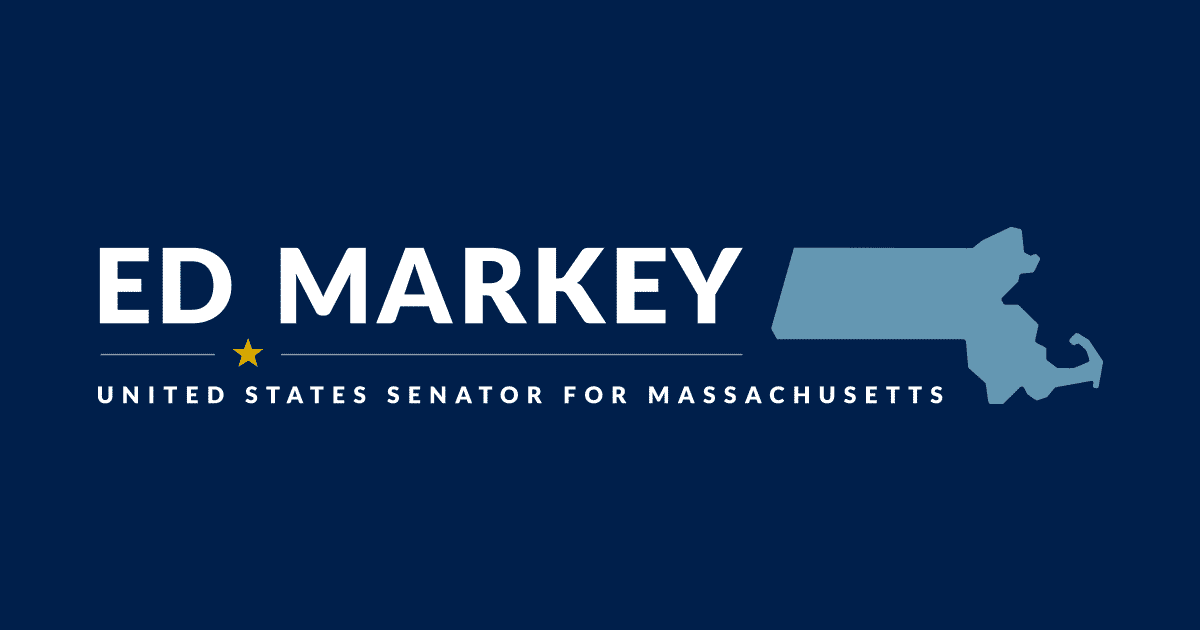Introduction
Details
Paris Courtroom of Appeals
Supreme Courtroom
On 11 November 2021,(1) the Courtroom of Justice of the European Union (CJEU) dominated that no precautionary attachment or seizure could also be effected on frozen Iranian belongings with out prior authorisation from the competent nationwide authority. On 29 April 2022,(2) the French Supreme Courtroom outlined the implications of CJEU’s ruling by holding that:
- the limitation interval with regarding claims for curiosity is suspended for the complete length of the freezing measure; and
- the debtors, topic to a freezing order, are exempted from any improve of the rate of interest for late fee.
On this case, a dispute arose over the enforcement of a judgment which had ordered the Iranian Financial institution Sepah to pay numerous sums of cash to 2 American firms particularly, “Abroad” and “Oak Tree”. The judgment was rendered at a time when all of Financial institution Sepah’s belongings had been frozen.
The collectors had requested a partial launch of Financial institution Sepah’s belongings which was implicitly rejected by the French minister of financial system and finance.
On 23 January 2016,(3) following the Iranian nuclear deal settlement (ie, the Joint Complete Plan of Motion), Financial institution Sepah recovered the free disposal of its belongings within the European Union. In July 2016, the American collectors carried out numerous seizures towards Financial institution Sepah. Financial institution Sepah challenged these seizures and argued that it was not accountable for any curiosity on late fee because the freezing of the belongings constituted a case of pressure majeure, which suspended the operating of such curiosity.
In a call dated 8 March 2018, the Paris Courtroom of Appeals rejected the pressure majeure argument on the grounds that, the freezing measure, being a “sanction”, Financial institution Sepah couldn’t depend on the existence of an exterior exonerating trigger.
Nevertheless, noting that no enforcement measure had ever been taken on the frozen belongings, the Courtroom dominated that a part of the curiosity, in any occasion, time-barred.
In a call dated 10 July 2020,(4) the Supreme Courtroom confirmed {that a} debtor whose belongings are frozen can not invoke pressure majeure to keep away from paying curiosity for late fee. It additionally referred the difficulty of the validity of precautionary measures on frozen belongings to the CJEU for a preliminary ruling.
On 11 November 2021, the CJEU dominated that no protecting measure or precautionary attachment could also be carried out on frozen belongings with out prior authorisation from the competent nationwide authority.
On 29 April 2022, the Supreme Courtroom outlined the implications of the CJEU’s preliminary ruling, specfifying the consequences of the freezing of belongings on:
- the limitation interval for curiosity; and
- the rise within the authorized rate of interest.
Limitation interval for curiosity is suspended for length of freezing measure
Article 2234(5) learn in conjuction with article 2244(6) of the Civil Code present that the extinctive prescription is suspended towards the creditor holding an enforceable title who, following an obstacle ensuing from the regulation, is precluded from taking a protecting measure or an act of pressured execution.
Drawing on the implications of the impossibility for collectors to take precautionary measures towards frozen belongings, the Supreme Courtroom concluded that the limitation interval is suspended at some stage in the freezing measure when the circumstances essential to launch the funds haven’t been met or the competent authority has refused to launch such funds.
Exemption from improve in curiosity on late funds
Article L. 313-3 of the Financial and Monetary Code (CMF) offers that the enforcement decide could exempt a debtor from paying the five-point improve within the authorized rate of interest supplied for on this article, on the request of the debtor, and “in consideration of the debtor’s scenario”.
Whereas this challenge is debated amongst French students, the Supreme Courtroom clearly said that the aim of this improve in curiosity is supposed to encourage a debtor to conform promptly with the court docket resolution. Consequently, any circumstance past the debtor’s management which may hinder the enforcement of a court docket order have to be thought of a part of the debtor’s “scenario” inside the that means of article L. 313-3 of the CMF.
The Supreme Courtroom subsequently reversed the judgment of the Paris Courtroom of Attraction for having refused to take note of the unavailability of Financial institution Sepah’s belongings ensuing from the freezing measure to exempt or modulate the curiosity due.
For additional data on this matter please contact Sarah Monnerville Smith at Eversheds Sutherland LLP by phone (+33 1 55 73 40 00) or e mail ([email protected]). The Eversheds Sutherland LLP web site might be accessed at www.eversheds-sutherland.com.
Endnotes
(1) CJEU, 11 November 2021, Financial institution Sepah v Abroad Monetary Restricted (case C‑340/20).
(2) Cassation meeting plenary, 29 April 2022, 18-18.542 18-21.814; “Nobody is certain to the unattainable”, P Théry, GPL, 21 June 2022, No. GPL437, p 2; “The consequence of the worldwide freezing of Iranian belongings on the pursuits of an enforcement measure”, Gaz Pal, 17 Might 2022, No. 17, p 43.
(3) Pursuant to Council Implementing Regulation (EU) No. 2016/74 of twenty-two January 2016, which entered into pressure on 23 January 2016.
(4) Cassation, Plenary Meeting, 10 July 2020, 18-18.542 and 18-21.814; S. Monnerville Smith and W. Pydiamah, “Sanctions économiques internationales, dernières actualités : de bonnes nouvelles pour les créanciers ?”, Possibility Finance No. 1581, 9 November 2020, p 49.
(5) Article 2234 of the Civil Code offers that point limitation “is suspended towards an individual who’s unable to behave due to an obstacle ensuing from regulation, settlement or pressure majeure”.
(6) Article 2244 of the Civil Code offers that “the limitation interval or the interval of foreclosures can be interrupted by a protecting measure taken in software of the code of civil enforcement procedures or an act of pressured execution”.



